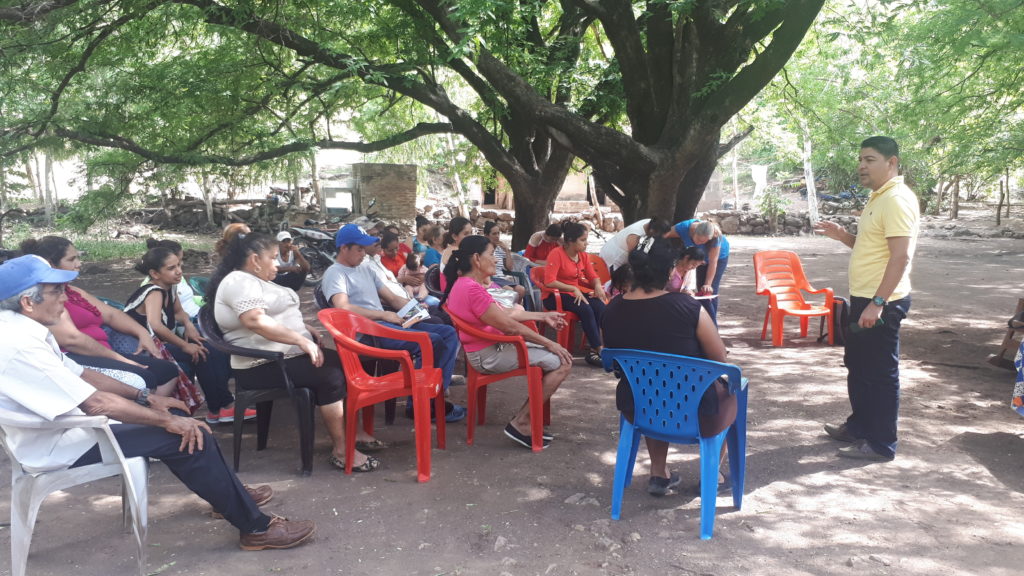HEALTH CARE ACCESS
Healthcare access in Nicaragua is structured by the Ministry of Health, based in the capital, Managua. From there, each of the fifteen departments has its own department hospital, which is overseen by the SILAIS administrations (Sistema Local de Atención Integral en Salud). At a municipality level, there is a health centre (Centro de Salud) for every municipality within the department. While they are not hospitals, health centres in the municipality are typically staffed with one doctor, and two nurses, that can attend to patients with chronic, communicable, or noncommunicable diseases, as well as pregnancies. They, however, do not have the ability to perform surgeries.
Lastly, most but not all communities have a Puesto de Salud, a smaller health centre. These health centres are usually staffed with only one nurse and a rotating physician. Physicians are staffed in these health centres by Nicaragua’s Social Service. This is an initiative that requires Nicaraguan medical students to do two years of service in rural communities prior to graduating. The physician density in Nicaragua is approximately 1,099 people for every doctor. According to the World Health Organization, there should be a maximum of 435 people per physician to qualify a country as having adequate access to medical attention. This density is significantly lower for the 40.6% of the population that lives in rural areas. It is for this reason that Nicaragua’s Social Service initiative brings medical students to these communities. However, access remains limited since these training physicians may be assigned to up to fifteen communities at a time.
Las Gavetas has access to a health centre within their community. Even with this access, it is important to note that medications, supplies, and materials are often not available in these health centres and are dependent on government funding. There is no access to private pharmacies. Additionally, as noted above, access to trained medical professionals is limited.
During their initial communications with Global Brigades, the top illnesses in children that Las Gavetas expressed were diarrheal diseases, and respiratory infections. For adults, common illnesses are chronic diseases such as diabetes and hypertension. Without access to trained healthcare professionals and medications, chronic diseases can go unmanaged, leading to further health problems. Acute illnesses can also be severe and affect the quality of life.


 LAS GAVETAS’ MICRO-FINANCE SOLUTION
LAS GAVETAS’ MICRO-FINANCE SOLUTION